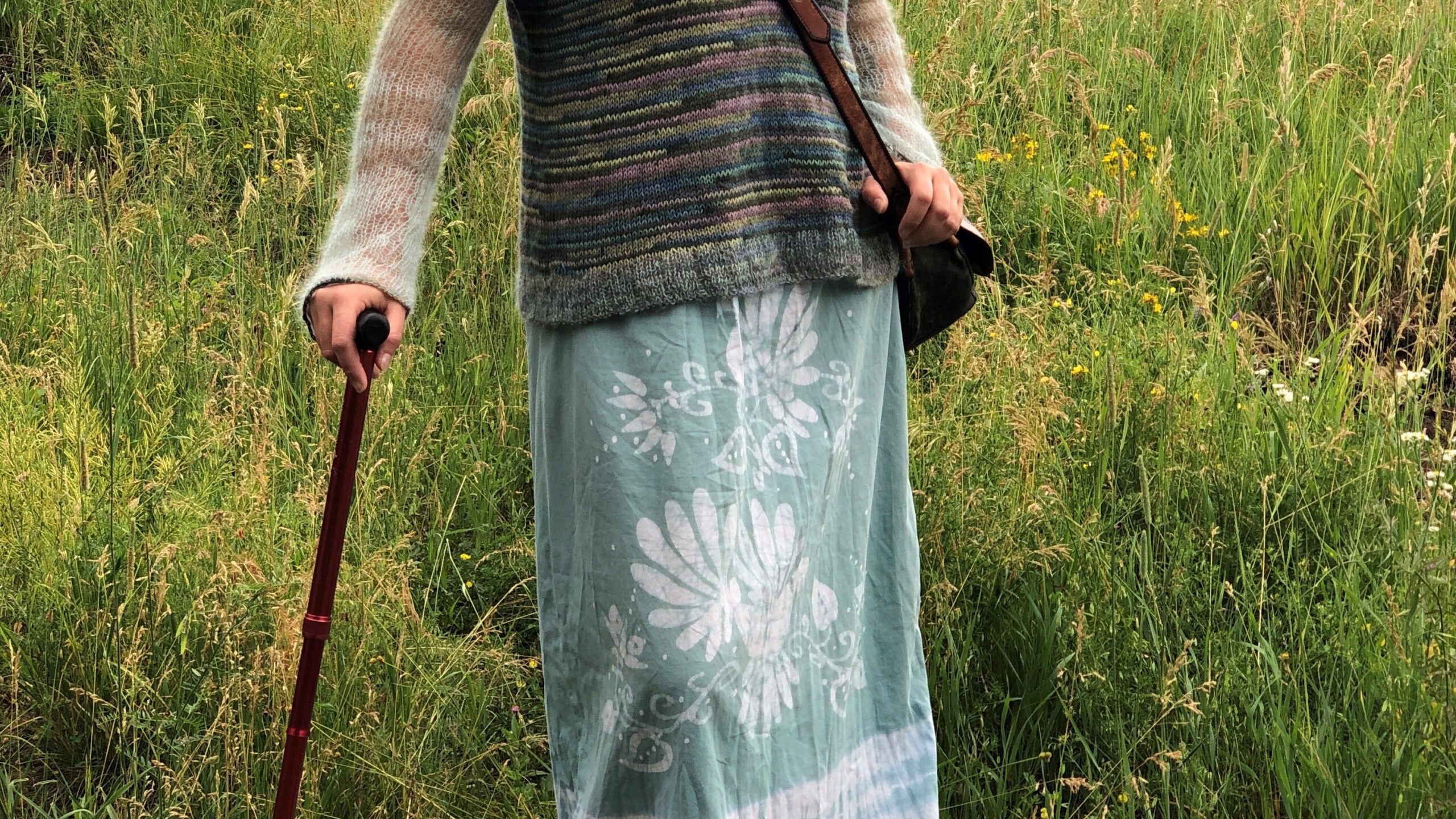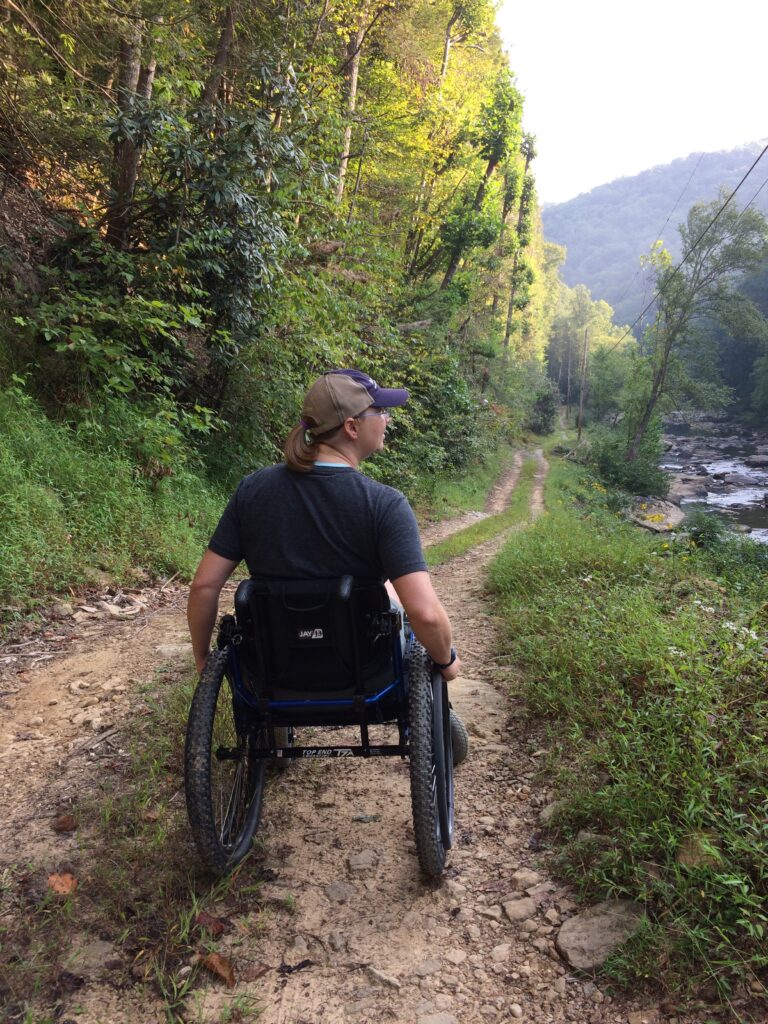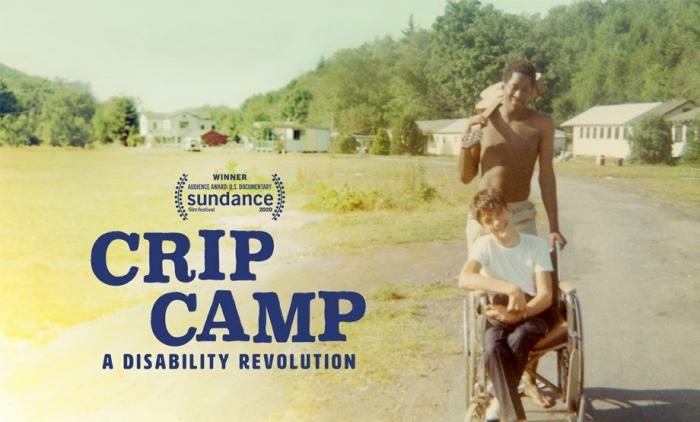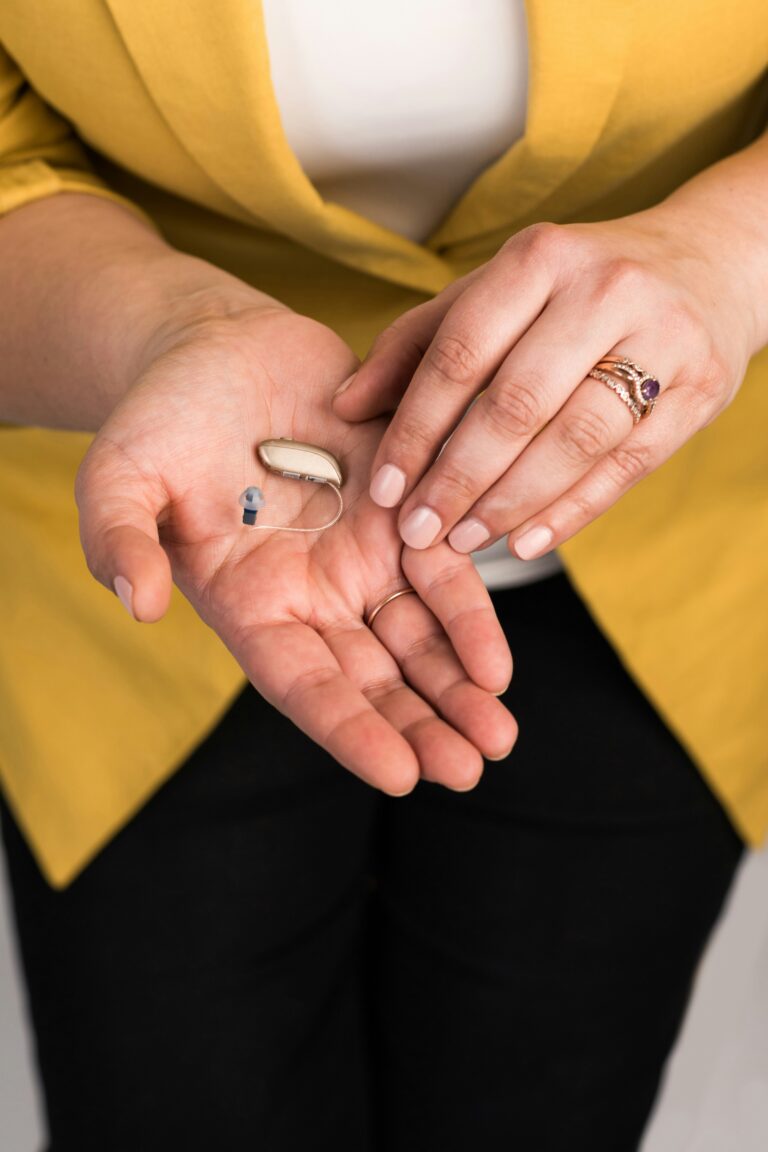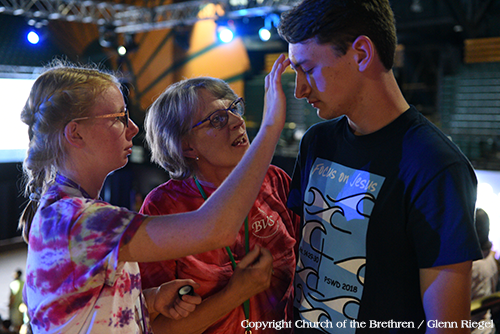(Un)Loved: holding grace for myself in chronic illness
Editor’s Note:
The opinions expressed in guest contributions to Opening Doors are those of the author and may not reflect the official theology or opinions of Anabaptist Disabilities Network.
When I was diagnosed with myasthenia gravis several years ago, the biggest loss I experienced was my sense of self-worth.
I felt so broken. I couldn’t believe I was still loveable. I had always been very independent and competent, but suddenly, I couldn’t contribute to my life the way I was used to. I stopped working. My husband stepped up and took on all the household chores and more of the childcare. On top of that, he also had to care for me: washing my hair, showering me, and helping with all sorts of tiny tasks of daily life. The worst part was that although his actions were very loving and he reassured me that he loved me, I didn’t trust it to be true. I felt like a burden that he was stuck with and surely must resent.
I didn’t trust God’s love either. I didn’t trust that God was even real anymore. I lost myself.
In September 2019, I wrote in my journal:
I don’t like depending so much on others for my sense of self-worth. I need to learn how to love myself and decide that I am enough. Hopefully, I can retrain my brain until that’s my default setting. I am enough.
The next day, I had an epiphany while in the bath. I was praying the prayer of St. Francis, which is my favorite way to pray. As always, I started by meditating inward to prepare my heart but this time, instead of preparing my heart to be generous to others, I realized that I have not held grace for myself. This time I prayed through each phrase, asking God to help me love myself, so that I could begin to trust the love of others.
Make me an instrument of your peace.
Where there is hatred let me sow love.
Let me stop hating myself for what I cannot control, for only a physical change, for such a temporal quality.
Where there is injury, pardon.
Let me forgive my body. Instead of being bitter about its failures, let me recognize the ways it still works hard for me and allows me to live a full life.
Where there is doubt, faith.
Let me have faith that I am loved and loveable. Let me not doubt the love of the people around me. Let me believe myself worthy.
Where there is despair, hope.
Instead of looking to the future with anxiety and fear, let me be hopeful that life will still be good. Let me look forward to travel and spending time with friends and building my career rather than despairing that I will be a burden to those around me.
Where there is darkness, light.
When life is dark and depression crouches at the door, help me to wield a light to hold it at bay. May my heart be light and open to life around me.
And where there is sadness, joy.
May I find joy in the new experiences open to me through this new body. Rather than grieving for what was, may I marvel at what is and revel in these new opportunities.
When I look back at this prayer now, four years later, I can see the ways God has answered my cry. I have found joy in the new opportunities my disabled body has brought me. I have been able to forgive my body for the ways it moves differently than it used to. Once again, I believe in my own inherent worth, and I know that I am both loveable and deeply loved.
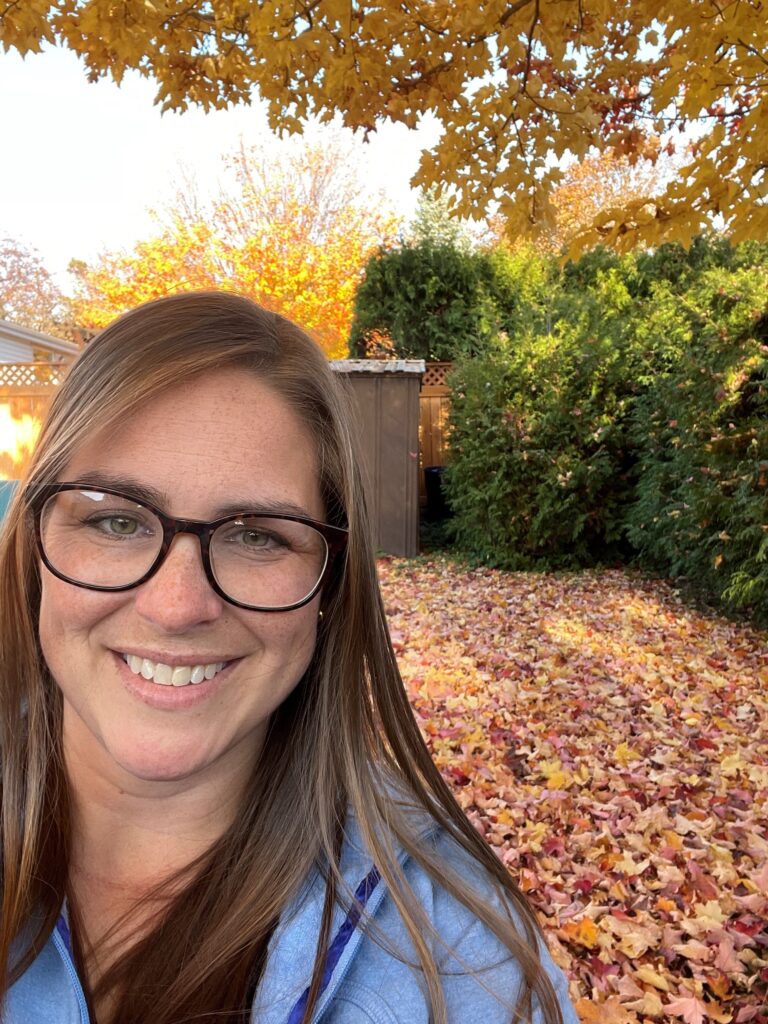
Jasmine Duckworth
Jasmine Duckworth has been serving with Karis Disability Services (formerly Christian Horizons) since 2004 and has been disabled herself since 2015. As part of her role as community development manager, she often speaks with churches and community groups about disability, accessibility, and ableism. She works closely with self-advocates as they work to improve Karis Disability Services, the developmental services sector, and the broader community. She is a mum, wife, and obsessive knitter. You can read more of her writing at www.disabilityandfaith.org, and she can be reached at jduckworth@christian-horizons.org.


